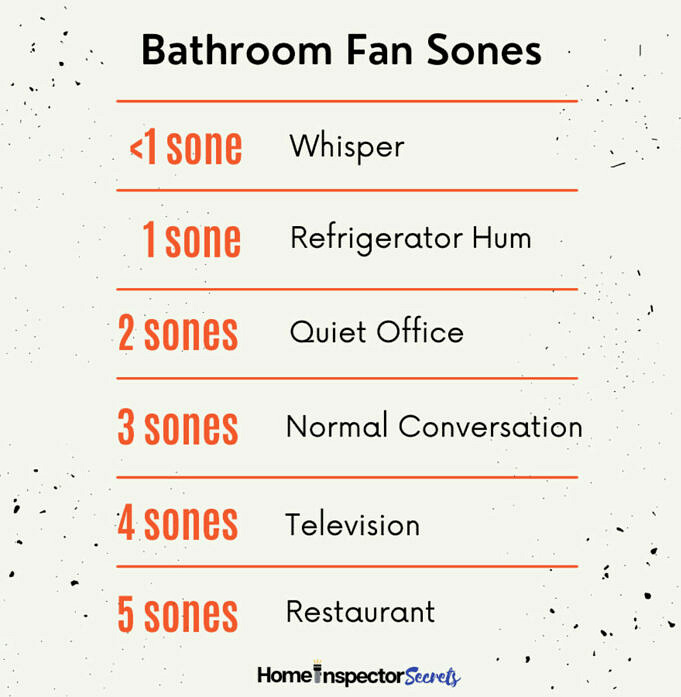People Also Asked
Q: Do exhaust fans use extra electricity?
A. Exhaust fans require very little energy to operate. This is usually between 5 and 35 watts. However, this can vary depending on the brand and model of your fan. You can also find fans with energy-efficient motors to reduce electricity usage. To ensure youre buying an energy-saving model, look for one with high CFM and low power use (watts). Many fans have humidity sensors, which can turn on the fan when it detects moisture and shut off the fan if it is not. This further enhances their energy efficiency.
Q: Which material is best suited for exhaust fans?
A: Exhaust fans come in various materials, including stainless steel, plastic, aluminum, and more. Each material is unique and has its own advantages. Aluminum is stronger than steel, for example. Steel exhausts, on the other hand, can have mandrel bending for better airflow and are also highly cost-effective. But, if steel or aluminum dont match your houses interior, you can use ABS plastic. ABS plastic is strong and comes in a variety of colors and designs to match your home’s decor. Plastic fans have a distinct advantage over metal fans because they are lighter and have smoother trims.
Q: Why do exhaust fans sometimes not work properly?
A: There are multiple reasons behind the poor performance of an exhaust fan. Dust accumulation on the blades could cause a decrease in their turning power. If this is the case, it would be worth cleaning them thoroughly. To resolve the problem, you can also oil its motor. The fan’s installation may be the problem. A fan that is not properly installed can cause air to be blown into other rooms in your home instead of being thrown outside. It can also lead to other problems like a noisy fan. You should replace the motor immediately if it is damaged.
Q: Can an exhaust fan be left on all night?
A: Although theres no harm in leaving an exhaust fan on for a few hours to eliminate musty and contaminated air from a room, letting it run overnight isnt a good idea. You would be putting your and your familys safety at risk because the motor can wear out, leading to fire hazards. This can lead to dangerous consequences, especially if you are sleeping. It is also harmful to the motor of your fans, as it can cause damage and reduce its lifespan.
Q: How long does an exhaust fan last?
A: An exhaust fan of high quality can be a long-term investment that could last as long as a decade. It is important to clean it regularly and have it checked every so often if there are any problems. If an issue is detected, itd be easier to resolve early rather than spending more money on a new fan. You should also lubricate its motor with oil, as friction could lead to its wear and tear, lessening the units overall effectiveness. If you maintain your exhaust fan properly, it can last up to 10 years without needing to be replaced.
Q: Do exhaust fans help fight fungal growth?
A: Because of activities such as showering and cooking, the air in bathrooms and kitchens becomes humid. As a result, there are high chances of fungal growth, including mold and mildew. An exhaust fan can be helpful in this situation as it helps remove moisture from the space before it condenses to create a favorable environment for microbes to grow. To prevent mold and mildew, it is important that your exhaust fan be on when you are cooking or taking a bath.
Q: Can I install an exhaust fan directly above the shower?
A: An exhaust fan can be placed directly above your bathtub if it is shower-rated. This is for your safety and that of the fans. It is necessary to verify that the manufacturer has approved it for use over a shower base. To prevent electrocutions, the fan should be connected to a Ground Fault Circuit Interrupter. If one of these requirements is not met, you should not install the fan in that location. If the fan’s CFM is less than the room square footage, it is okay to place it in your bathroom.



